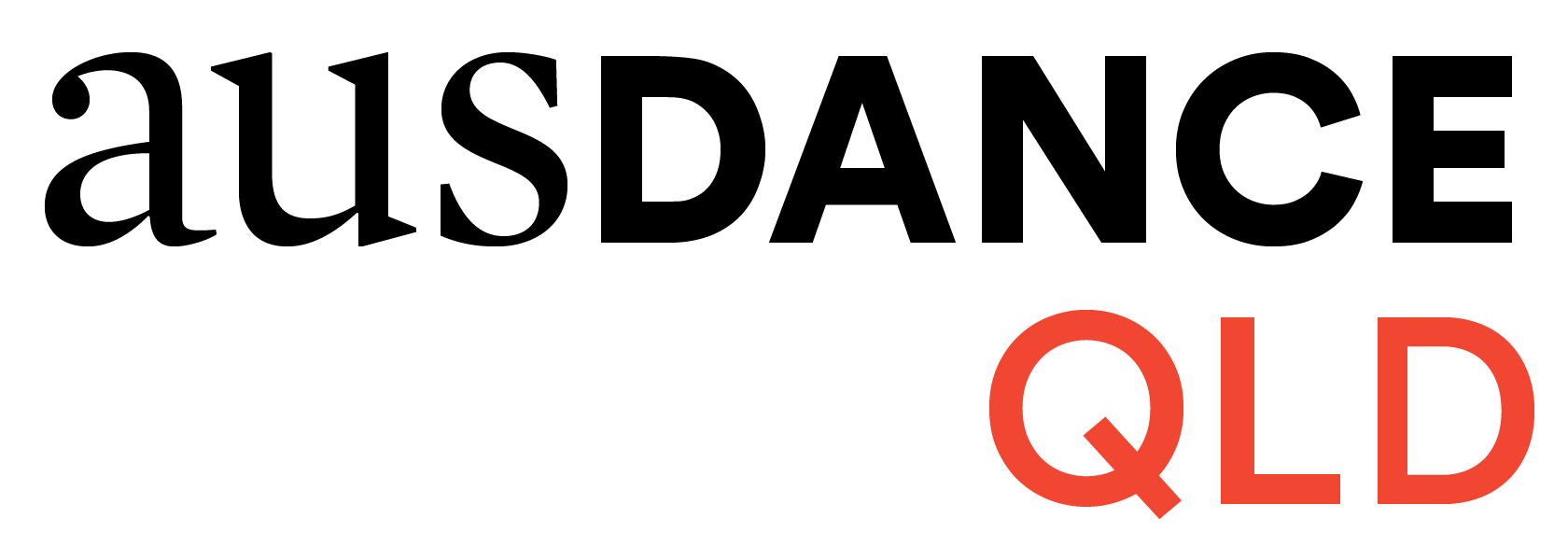IN|FORM | Li Cunxin
An interview with Li Cunxin
Interviewed by Dave Lowe, Editor (2021)
Mr Li, you’ve been Artistic Director of the Queensland Ballet since 2012. How would you describe your role to someone (like me) with no background in dance?
As the Artistic Director of the company, I decide on the programs to perform, choose all the dancers, set the direction and the vision of the company and engage all the creatives – the set, the costume designs, the lighting, the music, restaging existing ballets. I’m also in charge of producing young talent and making young talent into stars. Anything artistic, that’s under my responsibility.
If you could give some advice to someone taking on a leadership role in dance what would it be?
You have to have a clear vision, and the tenacity and determination to follow through. And you have to be able to communicate your vision to the people you lead – and you also have to be willing to go out on a limb for what you believe in, so you don’t get easily persuaded by people who might have a different opinion. It’s about having strong self-belief and conviction in what your vision is.
The first time you saw footage of Baryshnikov when you were a child was a big moment for you, and in your professional life you’ve worked with acclaimed choreographers and dancers all over the world, and watched a huge amount of performances: but do you still sometimes have your breath taken away by a performance? If so, when was the last time this happened?
Yes. I was obviously deeply inspired by people like Baryshnikov, Nureyev and Margot Fonteyn – those legends were my role models – the stars that I aspired to be. And now my role is developing our own international-standard stars.
The last time somebody took my breath away was when Alina Cojocaru came to guest with us in Sleeping Beauty – she was the most beautiful artist and her performance was sublime.
How has your own experience of being mentored (particularly by Teacher Xiao at school and Ben Stevenson of the Houston Ballet) affected how you work now with dancers (especially those at the beginning of their careers)?
Both Ben Stevenson and Teacher Xiao were inspirational figures in my life and have played such an important part for me to become the artist and dance I eventually became. Without the mentoring along the way, I wouldn’t be where I was as a dancer or where I am as a director. I still remember how they went about inspiring their dancers and their influence is very much within me, influencing some of the decisions I make – particularly how I mentor our dancers, how I find a way to bring the best out of them, between the incredible discipline, encouraging, nurturing, challenging, all of that, to me, it takes what I’ve learned from those two incredible people.
Covid-19 has been a difficult time for the arts in general – but what do you see as the opportunities for dance in general (and Queensland Ballet in particular) as we (hopefully) come out of it?
There is no doubt that Covid-19 has created an enormous challenge for our society as a whole but in particular the performing arts industry, and Queensland Ballet is no exception. But I think through this whole period, the company has become even stronger: caring, helping each other, the whole team spirit has come through really strongly – with that shared vision, that strength to overcome. And [it’s] also made us more creative about how we can engage and deliver this artform even though at times the live performance has been so far away.
What is generally the most rewarding or fun part of your job?
The fun part is seeing young talent being developed and helping them realise their potential as artists. And, through the brilliant performances, it’s so satisfying to see audiences respond in such a positive way: you make them laugh, you make them cry, you make them happy. Ballet, like other artforms, can bring people together and break boundaries.
The first years of your ballet apprenticeship seem both physically and emotionally incredibly challenging: but to what extent do you think some level of hardship is necessary in pursuit of artistic excellence?
I think the challenges in my life, particularly my early childhood – poverty-stricken, a daily struggle for basic things like food and clothes – has really shaped my character, made me more determined, a stronger person – and also made me realise how important opportunity in life truly is. And given me a sense of gratitude for those opportunities, for things that have come my way – so I don’t take things for granted.

